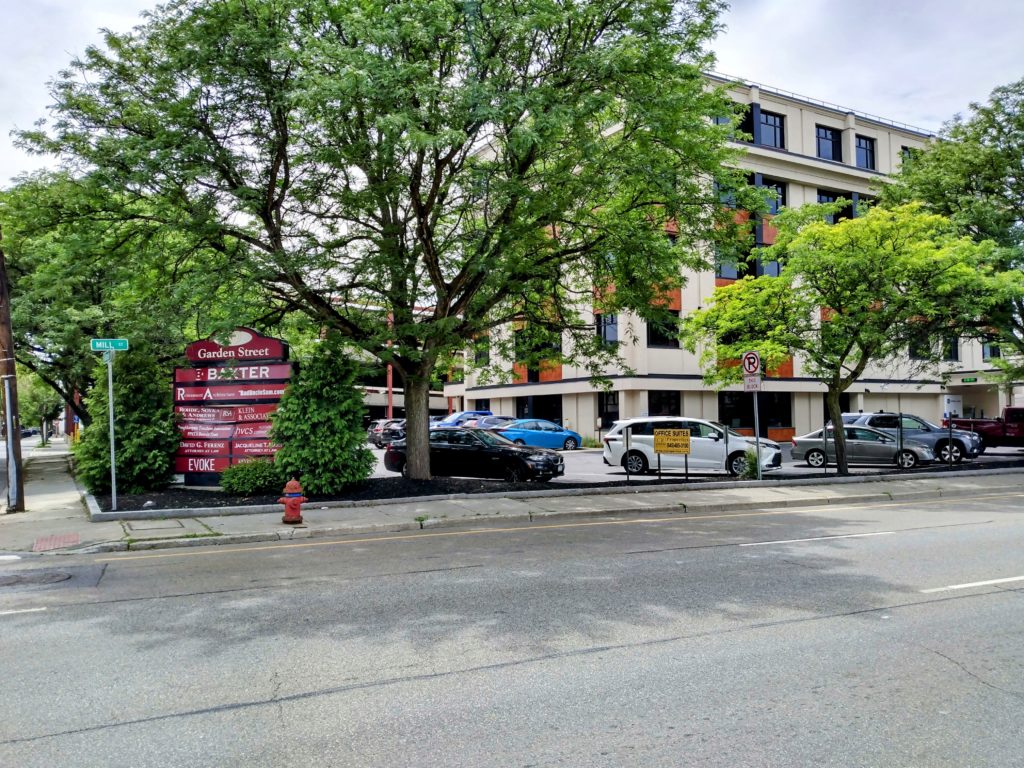POUGHKEEPSIE – Dutchess County has entered into a 10-year lease agreement to provide dedicated space for grand jury proceedings. Until recently, the grand jury convened at the recently constructed Dutchess County Law Enforcement Center on Parker Avenue in Poughkeepsie.
The county entered into a lease agreement with the Baxter Group on May 1 for space on the fifth floor of the Baxter Building located at 40 Garden Street in Poughkeepsie. The building is located at the corner of Mill and Garden Streets.
In addition to space for the grand jury, the agreement with 40 Garden LLC also has designated space for the Dutchess County District Attorney’s Narcotics Bureau.
Dutchess County is paying $12,883 per month for the 5,500-square-foot space. The current lease is in effect for 10 years with options to renew the agreement.
In New York, each county is responsible for the costs associated with grand jury proceedings. A grand jury consists of no less than 16 sitting jurors and no more than 23.
Grand jurors are an arm of the Court and are drawn from the same pool of potential jurors as are any other jury panel, and in the same manner. The pool generally consists of names pulled from various databases, such as national voter lists, motor vehicle license lists, and public utility lists.
Basic information regarding grand juries in the counties of New York:
Unlike trial jurors, grand jurors do not undergo any lengthy questioning by attorneys. Rather, grand jurors are impaneled by the court and rarely disqualified. Citizens are selected to be grand jurors by the County Commissioner of Jurors.
There is no judge present in the grand jury room. Typically, it is only the prosecutor, the witness, a court stenographer, and the grand jurors.
The prosecutor, typically the county district attorney, is responsible for all legal instruction and provides the law/charges to the grand jury. The prosecutor questions each witness and the grand jurors are also permitted to ask the witness additional questions at the end of the witness’s testimony. The prosecutor is responsible to ensure that the rules of evidence are followed.
A grand juror does not decide whether the subject of the grand jury investigation is guilty or not; the grand jury decides, based upon the evidence and testimony presented to them, whether there exists reasonable cause to believe the subject has committed an offense and should be formally charged and held over for trial for said offense. The grand jury’s decision must be based upon the evidence and the law.








